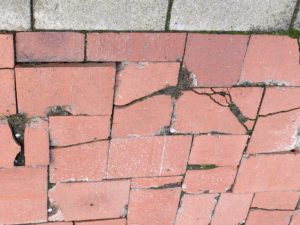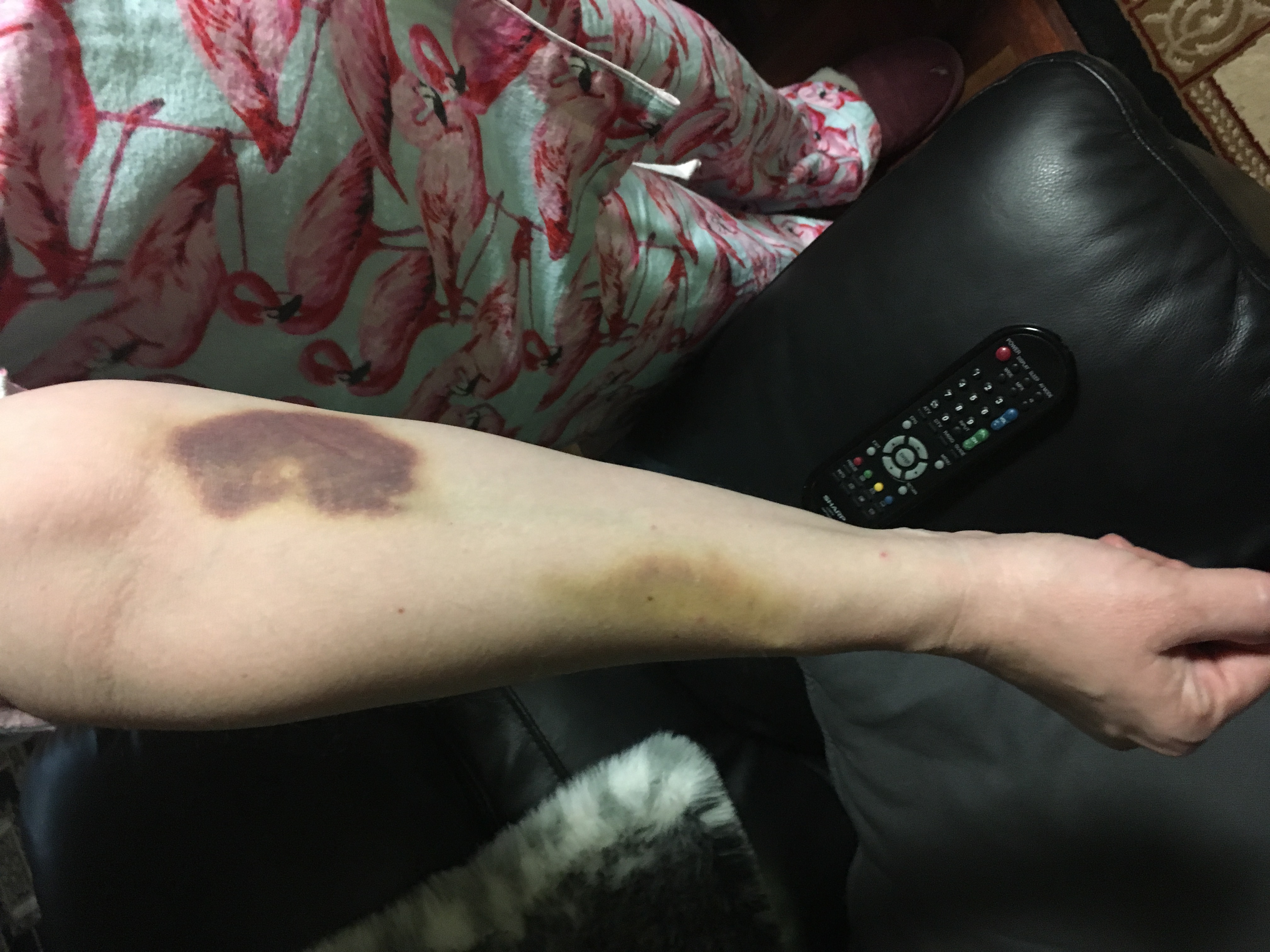While we as injury-prevention professionals, practitioners and policy-makers work tirelessly to prevent injury, the reality is – never more evident than at the Safety 2016 conference underway as I type in Tampere, Finland – that
“Beyond deaths tens of millions of people suffer injuries that lead to hospitalization, emergency department visits, and treatment by general practitioners. Many are left with temporary or permanent disabilities….” Etienne Krug, MD, MPH, Director, Management of Noncommunicable Diseases, Disability, Violence and Injury Prevention, World Health Organization.
Moreover, diseases such as diabetes, heart disease, cancer, mental illness, and respiratory conditions to name a few, arguably lead to injury and disability, therefore we must continue in our efforts to reduce the incidence of disease wherever possible.
Now, to the other side of the coin…..
If you are one of the many lucky people out there who has never had to live with an injury (whether it was temporary or permanent) or a disease (particularly one that you have incurred through no fault of your own), try being the one living with that injury or that disease. Try then to prevent incurring further injury. As a person who has tango-ed for many years with the she-beast Multiple Sclerosis (MS), I can tell you it is pretty darn hard. Having recently visited our developed-nation’s capital, Canberra, for a conference, I was dismayed to encounter injury-prevention issues every day. Two examples:
Example 1. I can no longer traverse stairs without a great deal of difficulty (and hilarity as my Students and/or Research Assistants are required to act as my ‘squishies’ by forming a human beanbag around me in case I fall during the journey up or down), and while there was an elevator that was available to use in an adjoining building (a casino), despite being advised by building b (my hotel) that I could use this elevator during casino hours, casino security advised me I was unable to use it as I was not a casino-patron. Despite all of my conference colleagues traversing the steps within 30 feet of the elevator, I had to leave the building to repeat my early morning trek of a (now uphill) ramp, road, broken paving (again uphill), footpath, and construction zone, using my walking stick and my wheelie bag to keep me upright, with an overall distance that was at least 3 times that of my able-bodied colleagues. I fall quite regularly and I am always very careful in how I land as if I lose the use of one or more arms through an injury my capacity to care for myself, let alone work, be a mother etc, will be greatly impacted upon. Managing fatigue is very important for staying upright, and having a finite pool of energy which is impacted upon by MS, this is not the way to prevent further physical injury. How about offering assistance or solutions that are not only realistic but also allow me some independence? I am not my disease or my disability.

Example 2. There was a delay with our return flight home, as there often is as we leave our nation’s capital, and as I have mobility issues I need assistance to board the plane. My friend and colleague was kind enough to assist me through this process, and we were ‘bumped’ to the head of the queue so that we could get seated with as little difficulty as possible. Unfortunately as we traveled down the ramp to the plane a fellow traveler yelled out ‘So what did you do to yourself?’, to which I stopped, steadied myself with the handrail and turned around before replying ‘I didn’t do anything to myself, I have multiple sclerosis’. Understandably the gentleman was very apologetic, however it can be very confronting to have complete strangers ask you why you walk the way you do, or you use a stick, or you are in a wheelchair. Some days it just rolls right off me, but other days when your reserves might be low, you might already have had a dozen people ask you, and you have managed to get through airport security with a walking stick (no easy feat itself!), you just feel like saying ‘Give me a break, did I ask if you have hemorrhoids?’ I am pretty resilient – indeed I could be the poster child for resilience and tenacity, despite my husband saying it is just plain pigheadedness and stubbornness – but even I reach my limits. We are already coping with a pretty full load, 24 hours a day, 7 days a week, with no break EVER. Someone stronger may not be able to cope with the constant questioning. This is not the way to prevent further mental injury. Again, how about offering assistance or solutions that are not only realistic but also allow me some independence? I am not my disease or my disability.
Here in Queensland last week was Disability Action Week, with the aim of empowering people with disability, raising awareness of disability issues, and improving access and inclusion throughout the wider community. This year has been pretty tricky. Unfortunately I had a pretty horrid weekend before the DAW, and the doctors at our local hospital were just wonderful despite struggling with my collapsing veins.
You can see the result of two collapsed veins during failed IV insertion, 10 days later (you can’t see the bruise from the one that succeeded, on the back of my hand)

I had intended to blog last week about the exciting Rio 2016 Paralympic Games and what a great chance for people to see disability and disease through a different lens. Instead I spent much of last week struggling to manage new medication, work, being a mum/wife/daughter/friend, and independence as friends and family acted as chauffeurs and gophers, nurses and hug-machines.
Anyone who knows me knows that I am a do-er. Get in there and get it done! As the saying goes, if you want something done, ask a busy person 🙂 I don’t usually share about how tricky it can be living with MS ALL DAY EVERY DAY, but this seemed the ideal time to give some tiny insight into what it is like to further prevent injury when you already have an injury, which is what we also need to be about if we are to make injury prevention progress.